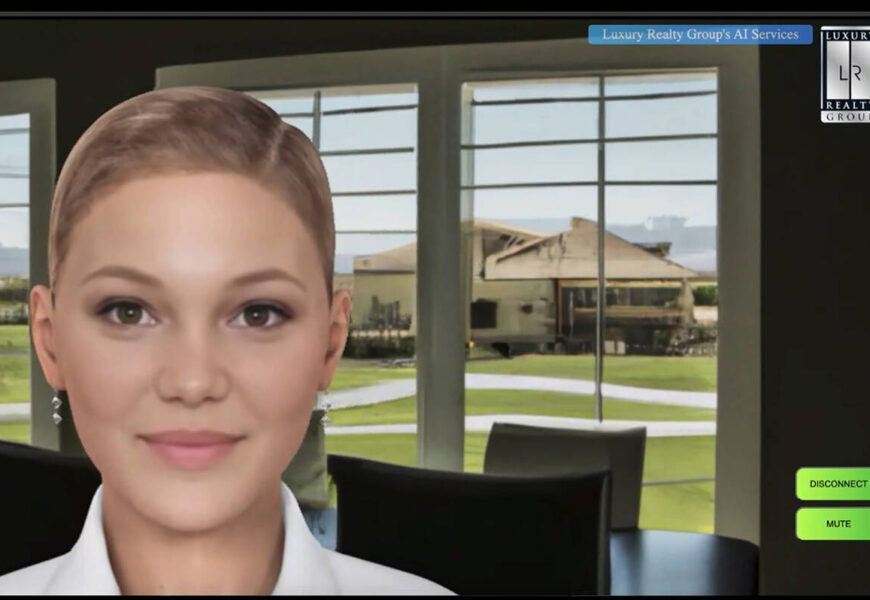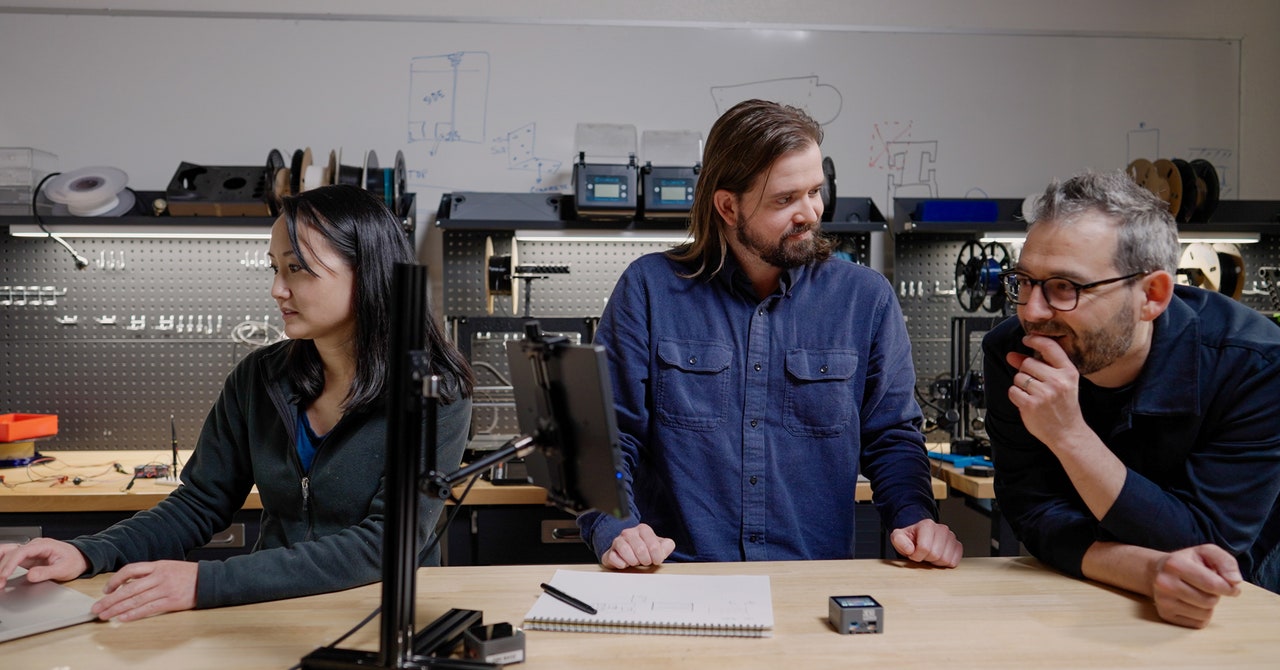Bruce Hiatt is optimistic that incorporating artificial intelligence into his real estate business will propel it to new heights, potentially reducing the need for as many physical agents in the process.
As a broker based in Las Vegas and the proprietor of Luxury Realty Group, Hiatt is presently engaged in beta testing an AI conversational avatar designed to interact with prospective homebuyers and assimilate knowledge from these interactions. The plan entails launching this technology in 22 U.S. cities and three cities in Canada starting in June, aiming to deploy approximately 24 agents in each city.
The utilization of AI aims to facilitate the homebuying process through software capable of recognizing potential buyers’ names and their preferences for a home. Hiatt has teamed up with Kore.ai, a chatbox developer based in India, for this initiative. Notably, Kore.ai recently secured $150 million in a funding round, with an investment from chipmaker Nvidia.
In contrast to ChatGPT, Hiatt emphasizes that their AI platform will feature a fully conversational AI avatar named Luxora. Luxora will engage in interactive conversations with users, responding to inquiries about Las Vegas real estate. Luxora can also manage intricate search requests, such as identifying homes in Summerlin Ridges with specific features like multiple bedrooms, office space, bathrooms, a garage, and kitchen amenities.
Despite encountering resistance from employees concerned about AI potentially displacing their roles, Hiatt reassures that AI serves as an advisory tool rather than a replacement for licensed agents. He underscores the indispensable legal requirement for human agents in real estate transactions.
Jonathan Catalano, a real estate agent at ERA Brokers Consolidated in Las Vegas, leverages AI technology to assist in creating marketing content and home descriptions. Catalano remains optimistic about the role of AI, viewing it as a tool to enhance rather than replace agents in the industry.
Aya Shata, an assistant professor at UNLV’s Journalism and Media Studies, explores the integration of AI in various sectors and the ethical implications surrounding its adoption. Shata acknowledges the initial apprehension toward new technologies but emphasizes that AI’s impact is more about transformation than outright replacement of human roles.
While acknowledging instances where AI has led to job displacement in certain industries, Shata highlights the emergence of new job opportunities spurred by technological advancements. She draws parallels to the evolution brought about by social media, noting the creation of roles like social media managers and marketing specialists in response to changing communication landscapes.
For inquiries, reach out to Patrick Blennerhassett at [email protected].










